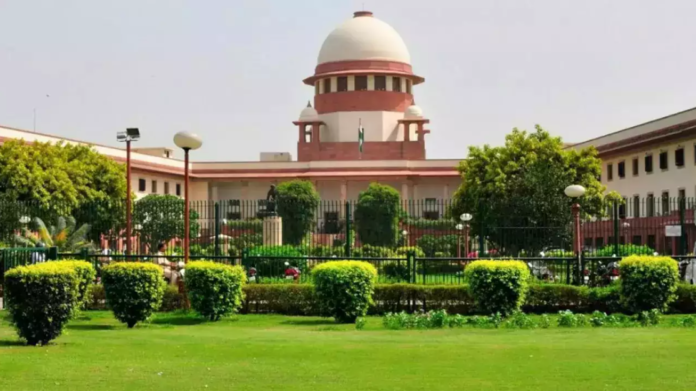The Supreme Court has raised alarm over the misuse of Section 498A of the Indian Penal Code (IPC), which penalizes cruelty by husbands and their relatives against married women, highlighting its rampant use by some women to harass their husbands and in-laws for personal gain. The court’s remarks come amid widespread public outcry following the tragic suicide of a 34-year-old Bengaluru techie, Atul Subhash, who accused his estranged wife and her family of filing false cases to extort money from him.
A Bench comprising Justices BV Nagarathna and N Kotiswar Singh made these observations while hearing the case of Dara Lakshmi Narayana and Others vs State of Telangana and Another. The court noted that the original intent of Section 498A was to protect women from domestic violence and harassment but lamented its increasing misuse. “In recent years, as there has been a notable rise in matrimonial disputes across the country, there is a growing tendency to misuse provisions like Section 498A as a tool for personal vendetta by a wife against her husband and his family,” the Bench remarked.
The Supreme Court dismissed the cruelty and dowry-related cases filed by the wife in this particular case, deeming them baseless and a misuse of the legal system. The appeal, brought by the husband and his family, challenged the Telangana High Court’s earlier refusal to quash the cases. After reviewing the evidence, the Bench concluded that the wife had made vague and generalized allegations to settle personal grievances.
The court’s concern coincides with the ongoing investigation into the death of Atul Subhash, a Bengaluru-based engineer originally from Uttar Pradesh. Subhash died by suicide at his apartment on December 10, leaving behind a 24-page note and a 90-minute video accusing his estranged wife, Nikita Singhania, and her family of harassment. His note detailed numerous cases filed against him in Uttar Pradesh and alleged extortion attempts amounting to Rs 3 crore to settle disputes. Subhash also claimed that his wife demanded Rs 30 lakh to let him meet their son.
Subhash shared the note with members of an NGO and others before taking his life, prompting widespread social media outrage and demands for justice. Following his death, his brother, Bikas Kumar, filed a complaint at the Marathahalli police station against Nikita Singhania and three other family members: her mother Nisha Singhania, brother Anurag Singhania, and uncle Sushil Singhania. The FIR, registered under Sections 108 (Abetment of suicide) and 3(5) (criminal acts committed with common intention) of the Bharatiya Nyaya Sanhita (BNS), alleges false cases and extortion.
Bengaluru police have taken cognizance of the suicide note and launched an investigation. Notices are expected to be issued to the accused to appear for questioning. Preliminary inquiries suggest that marital discord and legal harassment were major factors contributing to Subhash’s death.
Subhash’s death has ignited a social media storm, with many users calling for stricter scrutiny of false allegations under Section 498A. Activists and legal experts have long debated the misuse of the law, arguing for a balance between protecting genuine victims of domestic violence and preventing its exploitation.
The Supreme Court’s observations and Subhash’s case underscore the urgent need for judicial reforms to ensure fair application of laws in matrimonial disputes. As investigations proceed, the incident serves as a grim reminder of the devastating consequences of legal misuse, sparking nationwide calls for justice and accountability.



